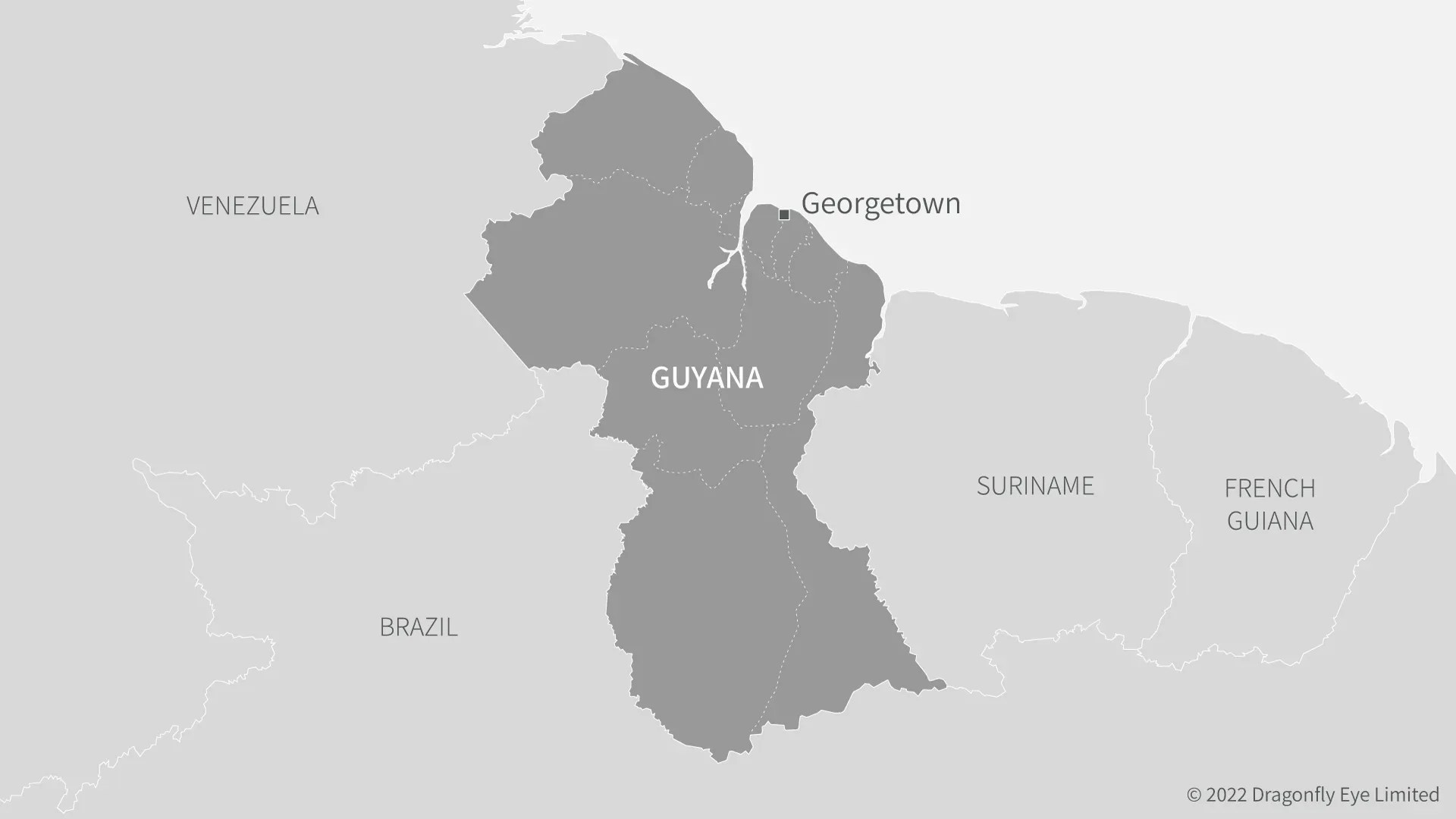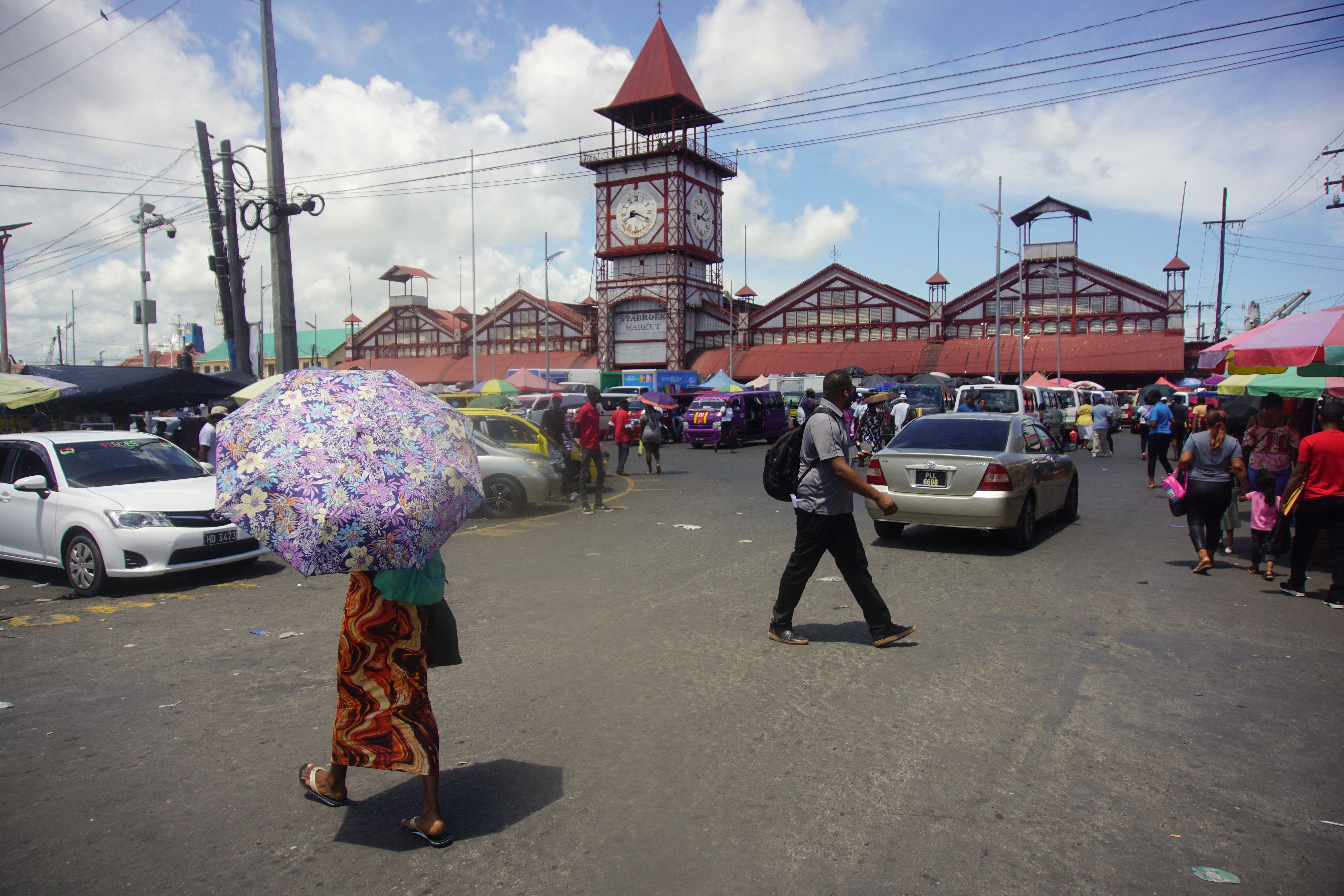
- The lead-up to a general election on 1 September is likely to take place peacefully, but there is a high risk of large protests and unrest afterwards
- Both major political parties have accused the other of intending to interfere with the results
- We anticipate that a few hundred people will seek to block roads and fight with the police if the result is disputed
We assess there is a high risk of large protests and unrest after a general election scheduled on 1 September. Campaigning has been calm so far, and the vote seems likely to take place peacefully. But ethnopolitical divisions remain strong, and both major political parties have accused the other of seeking to interfere in the vote. Should there be a dispute over the result, several hundred people would probably block roads with burning tyres and vehicles and fight with the police, if a dispute over the last election in 2020 is anything to go by.
Campaign likely to remain largely peaceful
Large demonstrations seem unlikely ahead of the election. Campaign events have attracted large crowds this year, based on local press reports. But there have not been any large election-related protests. We have seen a few incidents of violence though; a few dozen supporters of the ruling PPP/C party have scuffled with supporters of Azruddin Mohamed, a candidate for the WIN party, at several campaign events. These activists accused Mohamed of using his campaign to avoid prosecution; he was sanctioned last year by the US for corruption.
Major Western governments do not seem concerned about protests ahead of the vote. The UK is the only one so far that has issued travel advice for the election. It advised that political rallies can ‘cause significant transport disruption’, and that large events, ‘including large celebratory gatherings’, have the ‘potential to turn violent’. It also advised of robberies at events (see B-GUY-20-06-24 for our assessment of crime in the capital). Other governments also typically advise travellers to avoid protests in Guyana.
Voting day is likely to take place peacefully. No major parties or organised groups seem intent on disrupting the voting process. And the last general election in 2020 took place without any major security incidents.
High risk of unrest after results are announced
But Guyana’s longstanding ethnopolitical divisions mean there is a high risk of unrest after the result is announced. Both the largely Indo-Guyanese PPP/C party and the predominantly Afro-Guyanese APNU and AFC seem to fear that the other will erode democratic institutions and enrich themselves from the country’s oil reserves. After the last election in 2020, electoral officials attempted to manipulate the result in favour of the APNU-AFC coalition. After a recount, the PPP/C won the vote, and it later took office.
These divisions do not seem to have eased since. The government has committed to holding a free and fair vote, and the Organisation of American States, the EU and the Carter Center all plan to observe the election. But the attorney general in July insinuated that the opposition would try to interfere with voting. And Aubrey Norton, the leader of the APNU, said on 13 August that the PPP/C ‘is seeking to rig these elections’, and has previously accused the party of buying votes.
In light of these tensions, we anticipate the losing candidate will contest the result. If the dispute in 2020 is anything to go by, several hundred people would probably protest in the following days, primarily in rural towns. It seems plausible that up to a few thousand people would also gather to dispute the results in Georgetown. In some areas, protesters are likely to burn tyres to block roads and throw rocks at the police, who would probably deploy baton rounds and tear gas.
Without substantial evidence of voter interference, any protests are likely to be sporadic and only last a few days. Demonstrations after the 2020 elections occurred sporadically over the following months. But this was tied to public frustration at interference in the vote by electoral authorities.
Venezuela unlikely to use election uncertainty to invade
Venezuela is likely to rhetorically exploit an electoral dispute to claim Guyana is unfit to govern the territory Venezuela claims. But we strongly doubt it will interfere in the vote or mount military incursions around it. US support for Guyana also seems to be deterring Venezuela from acting on its territorial claims. And rather than mounting a military invasion, Caracas seems to be encouraging – if not directing – incursions by Venezuelan criminal groups into disputed territory (see B-VEN/GUY-18-07-25).
Still, candidates are likely to emphasise the threat posed by Venezuela to rally support for their campaigns. Both major parties have rejected Venezuelan claims but have argued they are better suited to protecting the country’s territorial integrity. For instance, Guyana’s foreign minister said on 12 August that it ‘cannot rule out any attempt by Venezuela to interfere’, without specifying any methods. The minister has only expressed concern about alleged visits by Azruddin Mohamed to the Venezuelan embassy.
Outlook after the election
Should either of the two main political parties be elected, we do not anticipate any major changes in the security environment for foreign businesses in the coming years. On current indications, the PPP/C seems well-placed to be re-elected. This is primarily based on the results of a local election in 2023; there are no publicly available recent voter intention polls. The party has pledged to use Guyana’s oil revenue to fund large infrastructure projects and social programmes to ensure long-term economic development.
The APNU opposition party seems to have a more cautious stance towards foreign investment. But it still seems intent on using oil revenue for immediate wealth distribution to address high living costs. Another party is unlikely to win the vote. While the WIN party seems to have gained some public support by proposing policies such as direct cash transfers, controversy surrounding Mohamed means he is unlikely to seriously challenge the major political parties.
Regardless of the result, demonstrations against the oil and gas industry are likely to continue in the coming years. Several hundred people have joined protests in recent years against a deal with a foreign oil company. These activists do not seem to oppose the development of Guyana’s oil reserves, though, and they do not appear to be part of an organised movement. We have also not seen signs of broader public hostility to multinationals or their personnel.
Picture of the Stabroek Market in Georgetown, Guyana, taken on September 23, 2022. (Photo by Patrick FORT / AFP)




